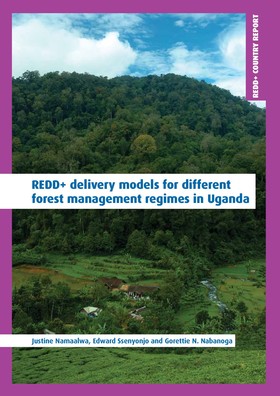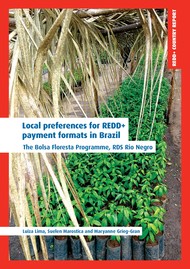REDD+ delivery models for different forest management regimes in Uganda

Poverty and sustainable development impacts of REDD architecture is a multi-country project led by the International Institute for Environment and Development (IIED, UK) and the Norwegian University of Life Sciences (Aas, Norway). The project aims to increase understanding of how different options for REDD+ design and policy at international, national and sub-national level will affect achievement of greenhouse gas emission reduction and co-benefits of sustainable development and poverty reduction.
Uganda is in the early stages of developing a national REDD+ strategy with funding for readiness activities provided by the World Bank’s Forest Carbon Partnership Facility. Priority actions for the REDD+ secretariat include defining the institutional arrangements, developing a monitoring system and developing a system for benefit sharing. This study aims to generate knowledge~about the practical and economic viability of pro-poor models of REDD+ in Uganda to help fill this knowledge gap and inform the strategy process.
Cite this publication
Available at https://www.iied.org/g03801






